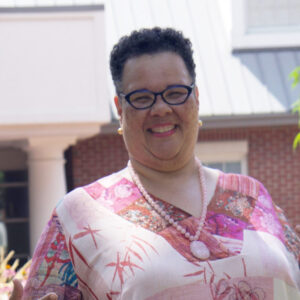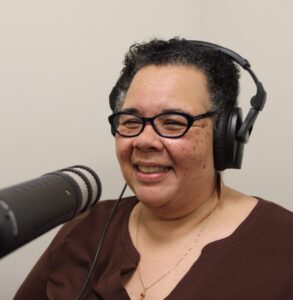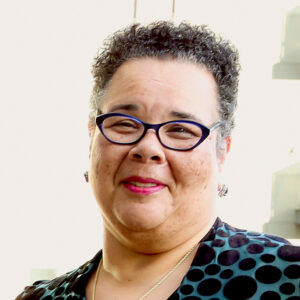Select an item by clicking its checkbox
#1 It is not enough to teach against injustice in its myriad forms of racism, sexism, islamophobia, homophobia, patriarchy, classism, ableism, antisemitism, white supremacy, etc. It is not enough to rail against what is wrong and what must be changed, restructured or done away with. We, those entrusted with the responsibility ...
Reading. Our family was a reading household. Newspapers, magazines, books – purchased and borrowed from many kinds of libraries – were sprinkled throughout our home. Each day three newspapers were delivered to our house: the Philadelphia Enquirer, the Bulletin, and the Daily News. On Tuesdays and Thursdays my dad purchased the Philadelphia ...
Teachers of religion and theology recognize, from preparation and experience, the complexity of teaching fields of study in which students have a personal stake. Students, whether enrolled in courses on religion or theology, often base their engagement in the course with their personal faith, their personal moral codes, their personal ...
Experienced teachers recognize the need to continually learn about the art and craft of teaching. With the aim of improving our own teaching, a group of Wabash Center colleagues and I set out to observe classrooms beyond typical higher education settings. Our first session was with a museum docent. The ...
In planning a course, have you ever designed a creative learning activity that you thought was marvelous, and then feedback from others substantiated its marvelousness? But then, one or two people, naysayers, gave you a negative critique? And, rather than focusing on the marvelousness, your focus attached to your fear ...


